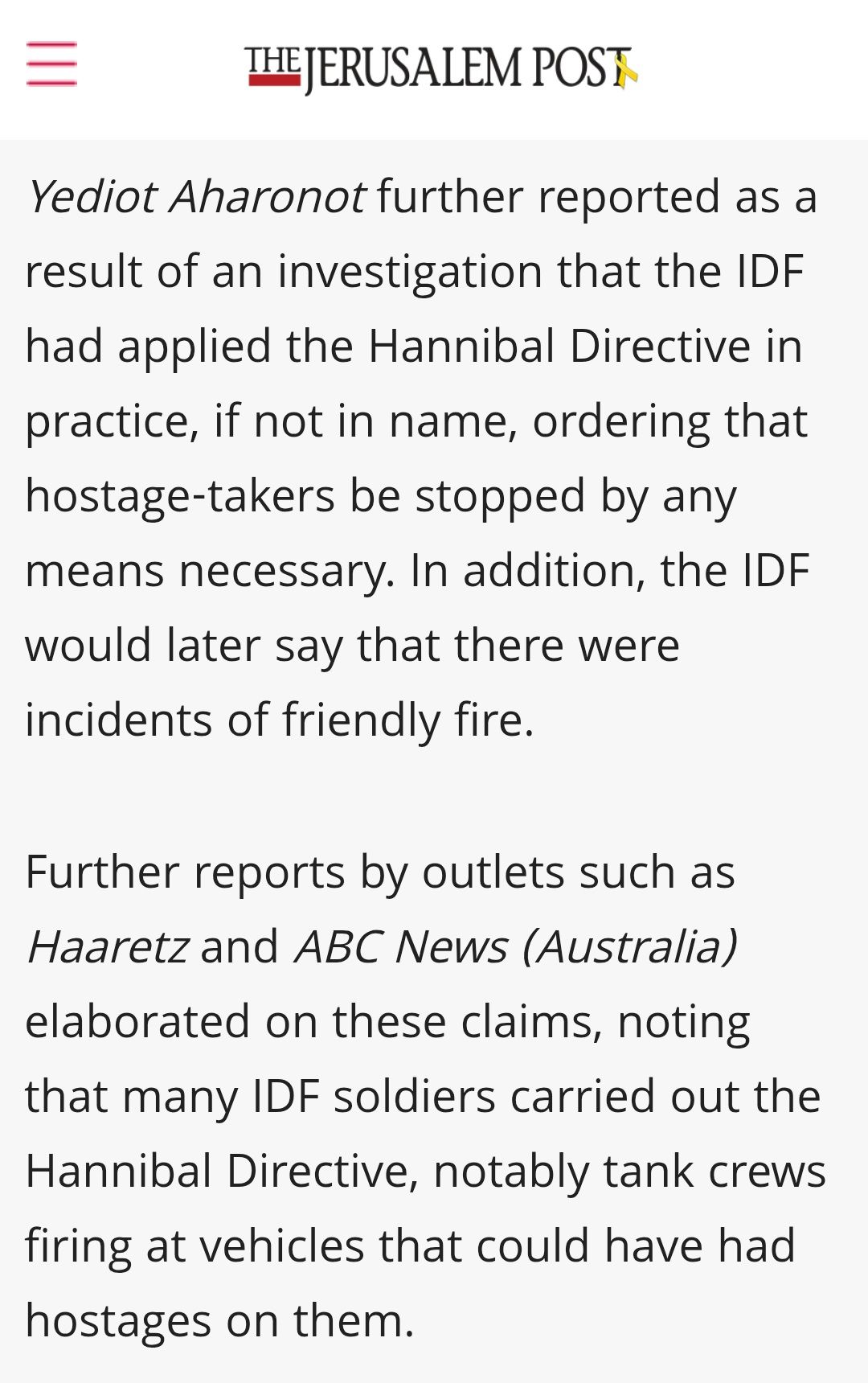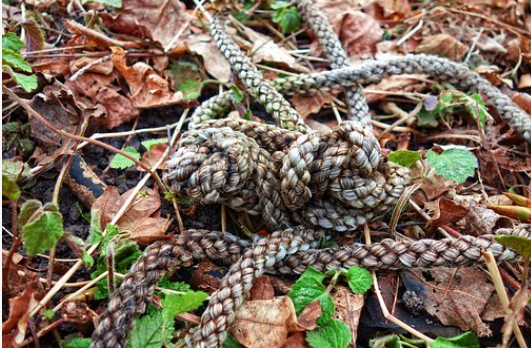Indeed the True Believers are those who Place their Trust In Allaah
In The Name of Allaah, The Most Merciful, The Bestower of Mercy
Indeed the True Believers are those who Place their Trust In Allaah azza-Wajall.
Hadeeth no.49:
عَنْ عُمَرَ بْنِ الْخَطَّابِ رَضِيَ اللَّهُ عَنْهُ , عَنِ النَّبِيِّ صَلَّى اللَّهُ عَلَيْهِ وَسَلَّمَ , قالَ
“ لَوْ أَنَّكُمْ تَتَوَكَّلُونَ عَلَى اللَّهِ حَقَّ تَوَكُّلِهِ لَرَزَقَكُمْ كَمَا يَرْزُقُ الطَّيْرَ تَغْدُو خِمَاصًا وَتَرُوحُ بِطَانًا.“
On the authority of ‘Umar ibn Al-Khattaab May Allaah be Pleased with him, narrated from the Messenger of Allaah صلى الله عليه وسلم who said:
“If you rely upon Allah with the best level of Tawakkul (placing ones trust and reliance in Allaah) with him, He will provide you with sustenance just as He provides for the birds – they leave out (in the morning) with empty stomachs and return (in the evening) with full stomachs ” Reported in Tirmidhee1, Ahmad2 and others3.
Imaam Ibn Rajab Al-Hanbaliرحمه الله said regarding this hadeeth: This hadeeth is from the principles of At-Tawakkul, and it is from the greatest of the reasons that bring about ones provisions (from Allaah).
Allaah (عز وجل) said:
وَمَن يَتَّقِ اللَّهَ يَجْعَل لَّهُ مَخْرَجًا
ۚوَيَرْزُقْهُ مِنْ حَيْثُ لَا يَحْتَسِبُ ۚ وَمَن يَتَوَكَّلْ عَلَى اللَّهِ فَهُوَ حَسْبُهُ
“And whomsoever fears Allaah and keeps his duty to him, he will make for him a way to get out (from every difficulty. And He will provide him from (sources) he never could imagine. And whosoever puts his trust in Allah, then He will suffice him.”4
And indeed the Messenger of Allaah read these verses to Abu Dharr al-Ghifaaree and said to him: “If all of the people were to take heed of these (verses), then indeed it would suffice them.”
{Meaning: If they were to achieve At-Taqwaa and At-Tawakkul they will find contentment in their affairs, be they affairs of the Deen or of the Dunyaa. And this Kalaam has already been brought forth in the explanation of the Hadeeth of Ibn Abbaas: (( Be Mindful of Allaah and Allaah will Protect you.))5}
Some of the Salaf have said:
“It is sufficient in your beseeching/invoking of Him, to know in your heart the that you have the highest reliance in Him, for how many servants from His servants entrust Him with their affairs and then He suffices them with that which they desire. Then they (the salaf) would read:
وَمَن يَتَّقِ اللَّهَ يَجْعَل لَّهُ مَخْرَجًا
ۚ وَيَرْزُقْهُ مِنْ حَيْثُ لَا يَحْتَسِبُ ۚ وَمَن يَتَوَكَّلْ عَلَى اللَّهِ فَهُوَ حَسْبُهُ
“And whomsoever fears Allaah and keeps his duty to him, he will make for him a way to get out (from every difficulty. And He will provide him from (sources) he never could imagine. And whosoever puts his trust in Allah, then He will suffice him.”6
The correct meaning of Tawakkul:
Ibn Rajab says: “It is the true reliance of the heart in Allaah (عز وجل) to seek beneficial affairs and to repel the harm (in relation) to all affairs of the Dunyaa and the hereafter, and to leave all affairs to Him and to have certain Eemaan that indeed none can give nor withhold, and none can benefit nor harm besides Allaah (alone).”
SOURCE: JAAMI’ UL ULOOM WAL-HIKAM – Volume 3 – p.1265-1266 – Daruss-Salaam Edition (1424H, 2004G)
1. 1 Reported by Imaam Tirmidhee in his Sunan : 37 – Book of Zuhd, 33 – Book of Reliance Upon Allaah (4/573) hadeeth no. 2344. And Aboo Eesaa At-Tirmidhee commented: “This hadeeth is Hasan (Good) Saheeh (Authentic). I do not know of it except with this position. Imaam Al Albaanee authenticated the hadeeth in his ‘Saheeh ut-Tirmidhee’.
2.Reported by Imaam Ahmad in his Musnad (1/243) with a chain of narration that is authentic.
3 Also reported in Kitaabur-Raqaa’iq, and Al-Kubraa, both of Imaam An-Nasa’ee, Ibn Hibbaan in his Saheeh, and Ibn Maajah in Az-Zuhd.
4 Surah At-Talaaq (65): Verses 2-3
5 The famous hadeeth that is collected by Imaam An-Nawawee in his 40 Ahaadeeth, from Sunan At-Tirmidhee:
عن أبي العباس عبد الله بن عباس رضي الله عنهما قال : كنت خلف النبي صلى الله عليه وسلم يوما ، فقال : ( يا غلام ، إني أُعلمك كلمات : احفظ الله يحفظك ، احفظ الله تجده تجاهك ، إذا سأَلت فاسأَل الله ، وإذا استعنت فاستعن بالله ، واعلم أن الأُمة لو اجتمعت على أَن ينفعـوك بشيء ، لم ينفعوك إلا بشيء قد كتبه الله لك ، وإن اجتمعوا على أن يضروك بشيء ، لم يضروك إلا بشيء قد كتبه الله عليك، رفعت الأقلام وجفت الصحف ) رواه الترمذي وقال : حديث حسن صحيح .
On the authority of Abil-Abbaas Abdullaah ibn Abbaas May Allaah be pleased with them who said: “I was behind the Messenger of Allaah ﷺ one day and he said to me: “O Young boy, I shall teach you some words: Be mindful of Allaah and He will Protect you, Be Mindful of Allaah and you will find him at your side, If you ask, then ask only of Allaah, If you seek aid, then seek His aid only. And know, that if the whole world were to gather together in order to benefit you, then they would not be able to do so, except if Allaah had written for them to do so. And if the whole world were to gather together to harm you, then they would not be able to do so, except if Allaah Had written for them to do so. The pens have been lifted and the pages are dry. Tirmidhee said: This hadeeth is Hasan (Good) Saheeh (Authentic) Albaani authenticated it in his checking of Tirmidhee.
6 Surah At-Talaaq (65): Verses 2-3







